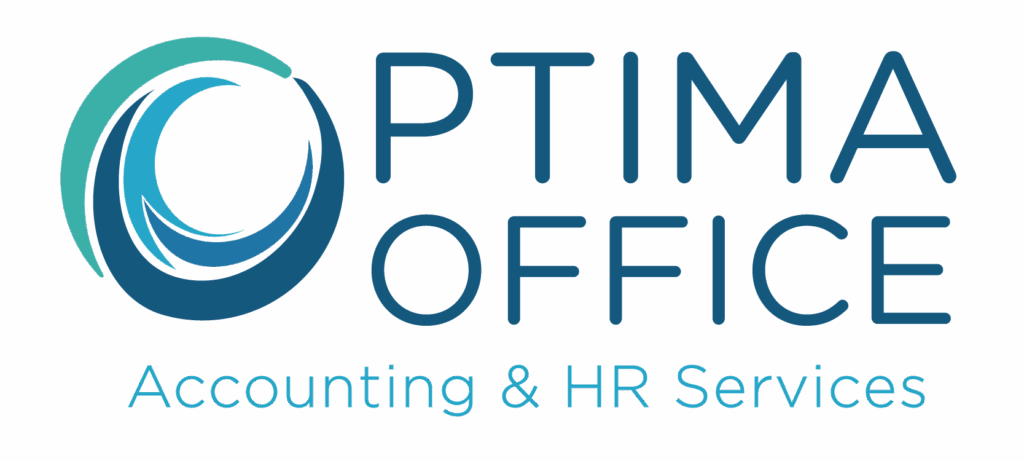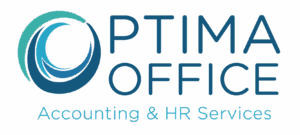We are excited to share that Jennifer Barnes, CEO of Optima Office, was recently featured in the GOBankingRates article, “How to Survive Your First Year as a Small-Business Owner”. In this insightful piece, Jennifer discusses essential tips for small-business owners to survive their first year. First seen in GOBankingRates on June 28, 2024:
The first year running your own small business, for those who have never done it before, is a massive departure from working a 9-to-5 position.
Small-business owners are faced with challenges and risks they’ve never had to anticipate, but they can survive and thrive in year one and beyond if they plan accordingly. GOBankingRates spoke to three successful small-business owners about their tips for surviving your first year as an entrepreneur. Here are the practical and creative tips they recommend any small-business owner implement now.
Pay Attention to Numbers
Bill Nishanian, the owner of Nash Painting, said numbers are everything in a small business. Aside from having a goal and a budget and tracking expenses, Nishanian recommended business owners equip themselves with these essentials.
Create a one, three, and five-year plan. These plans should chart the salaries you’ll need to fuel your business growth — don’t be afraid to invest in other people! — and reverse engineer the revenue, marketing, and metrics needed to achieve these goals.
Make sure you have access to cash. Nishanian recommended setting up an SBA line of credit for access to cash.
“You’ll only pay interest on the amount you need to borrow.”
Once you have a top-to-bottom plan, business owners can make adjustments to stay on track and meet or exceed their goals. Nishanian recommended making your key performance indicators exact to the smallest measurement you can.
“Know how much revenue you need by year, quarter, month, week, day, hour, and transaction,” Nishanian said. “If your measurements are in large increments and you miss, the impact will be large. If you measure small and miss, you’ll miss small, and it will be much easier to adjust your plan.”
Have a Cash Flow Forecast
Like Nishanian, Jennifer Barnes, CEO of Optima Office, said small-business owners should always know their numbers.
Having a cash flow forecast means business owners know how much money they have right now and how much they will have a year from now while focusing on a quarter at a time. Barnes recommended managing in 13-week periods and constantly updating this forecast. If possible, update the cash flow forecast weekly, and daily, in a working copy. Business owners who find they are short on funds or spending more than they had forecasted will need to ensure they can still meet their fixed costs, especially for payroll.
“Once you have an idea of your cash flow, you can better budget your expenses,” Barnes said. “It’s highly recommended to also put together an annual budget and run budget to actual reports monthly. Make sure your financials are always up to date and you are reviewing your results monthly, ideally by the 15th of the following month.”
Set Realistic Expectations
Margo Perkins, the founder of Margo Paige, launched her business with a product based on large events three months before the COVID-19 pandemic. What helped her in surviving her first year as a small-business owner was setting realistic expectations.
“By setting realistic expectations you’ll understand the first year is the most challenging and it will take time to gain traction. You have to be prepared for unforeseen obstacles, setbacks and continue to maintain a long-term perspective,” Perkins said.
Focus On Your Vision
Focusing on your vision, Perkins said, will keep you passionate about the business and help you stay resilient with any challenges that may arise. Business owners who have clarity on their vision will be able to better guide decisions, goals and keep their values in place.
Don’t Let the Little Things Work You Up
It’s easy for anyone, especially a small-business owner, to have a bad day and think about throwing in the towel on their startup. However, having this thought every time something doesn’t work out or go according to plan won’t make it easy to manage your own stress.
Barnes’ recommendation is to try only to get worked up if something is still going to be an issue a month from now.
“You will have challenging times, but power through them and focus on the longer term. Don’t spend too much time focusing on the smaller issues and the details that aren’t going to move the needle. It’s more important for you to stay at a high level and do what you are best at.”
Take Care of Yourself
Self-care is key for small-business owners and taking care of yourself matters to keep from experiencing burnout. Perkins recommended prioritizing self-care by maintaining a healthy work-life balance, getting enough rest, eating well and engaging in activities that recharge you.
“Remember your well-being directly impacts the success of your business,” Perkins said.




